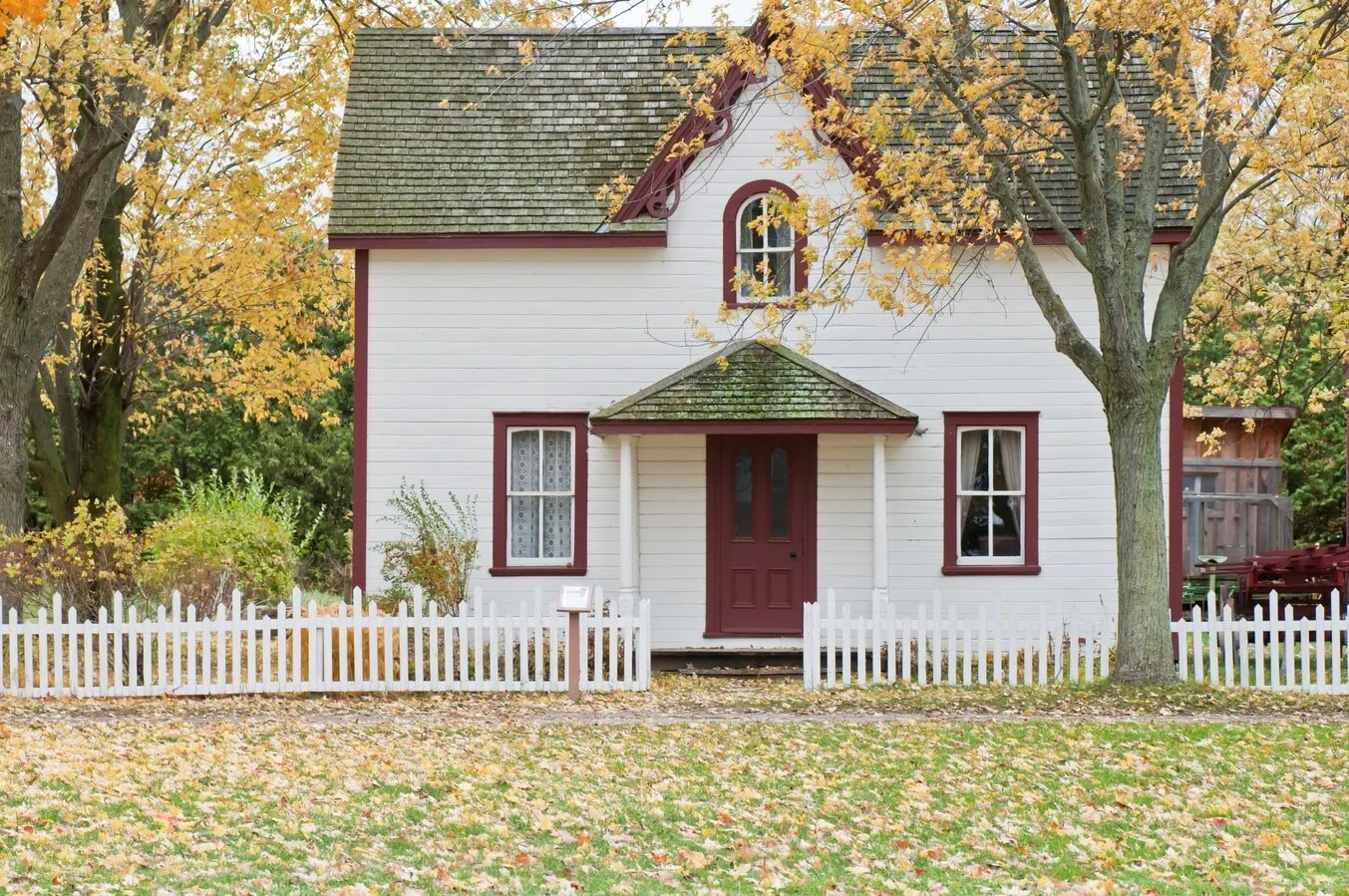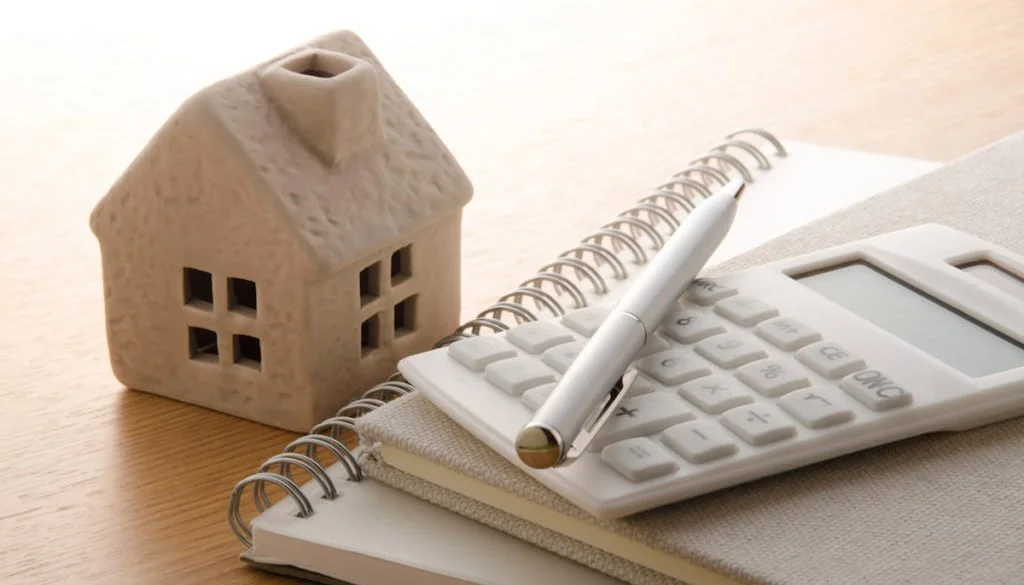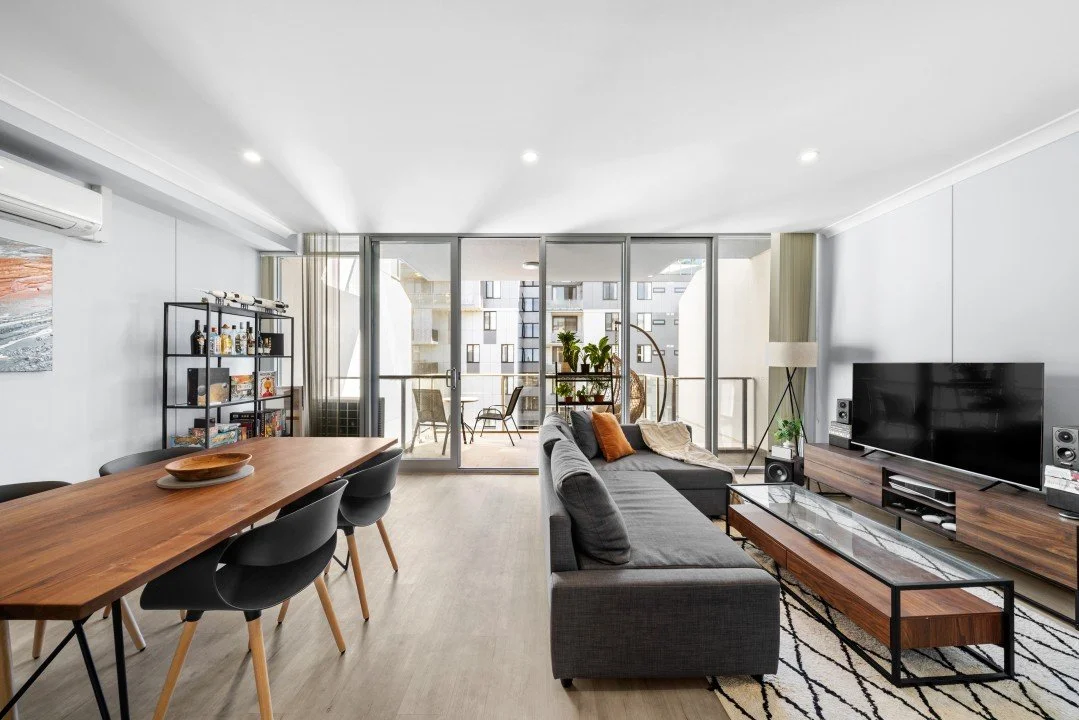How has buying property changed during the pandemic?
/The COVID-19 pandemic has forced the property market to adapt, from restricted open homes, online auctions, and the switch to digital communication over face-to-face. The recent Delta outbreak has resulted in further restrictions in NSW, with Greater Sydney under lockdown since the 26th of June. While restrictions are looking to lift with NSW approaching its vaccination target, there have been some major impacts on the process of buying a property that are expected to continue temporarily.
How have the recent COVID-19 restrictions impacted property buying?
The research process remains relatively unchanged. What has changed dramatically is the ability to thoroughly inspect a property and the shift from face-to-face to digital communication.
Communication with the agent
Due to the recent COVID outbreak and resulting restrictions, buyers must make contact with the real estate agent in advance of viewing an open home. Real estate agent Rosalie Gordon believes this has resulted in open homes being more exclusive.
“We are now screening the buyer before taking them through to open homes by asking what position they are in, whether finance is approved, if they are looking to buy property for investment or as a home, and whether they have already sold their current home.”
— Rosalie Gordon
Read More












Loanscape has today released its Borrowing Capacity Index for Q4/2024. It confirms the forecast trend that borrowing capacities of Australian individuals and families are recovering from their low levels which coincided with the last of the recent increases to borrowing rates initiated by the Reserve Bank of Australia.